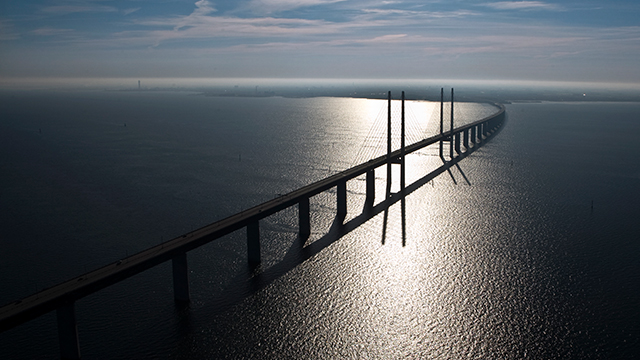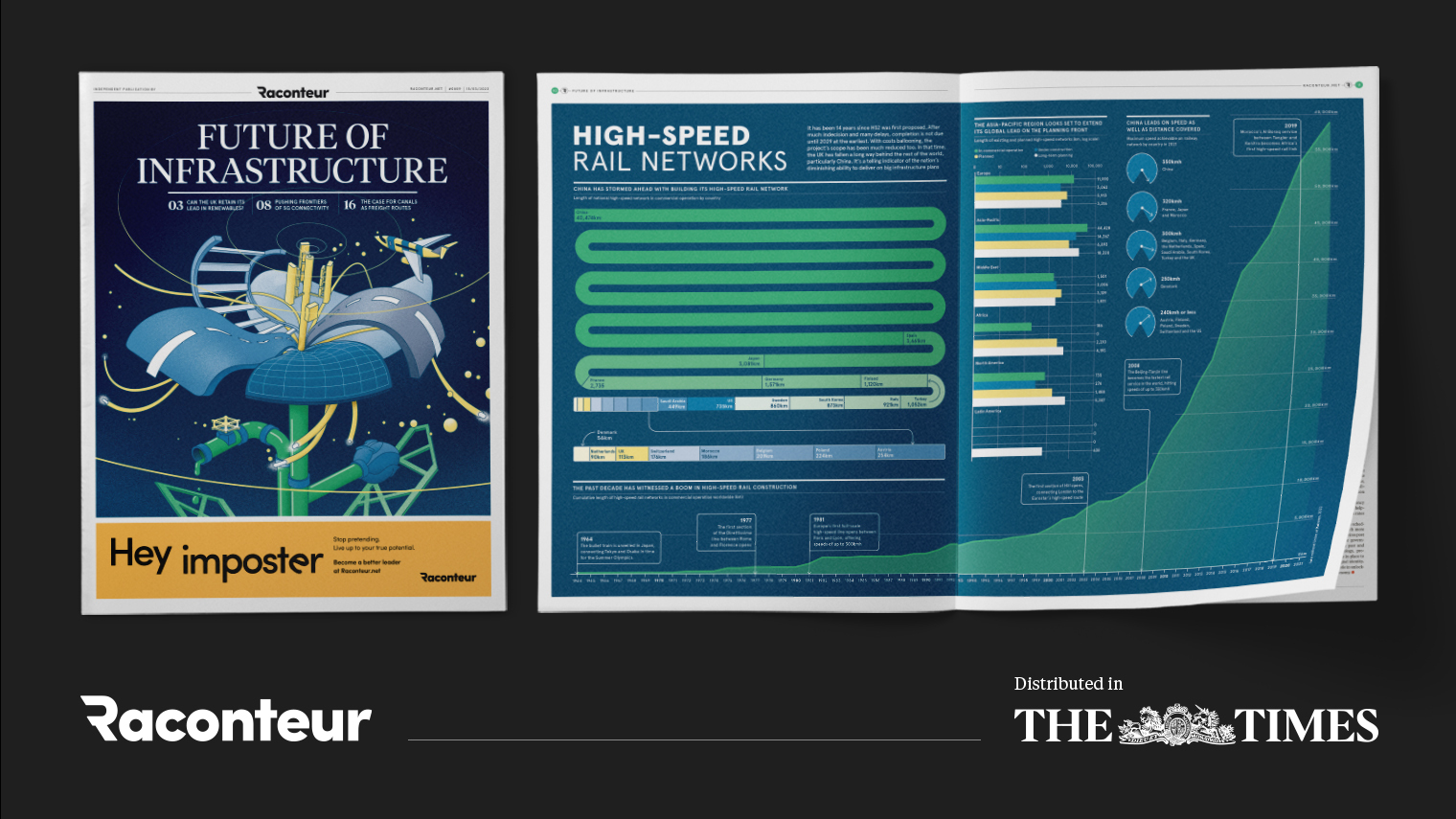Filter by
209 results found
News
The Africa Infrastructure Fellowship Program (AIFP)—a joint initiative between the Global Infrastructure Hub (a G20 initiative), private investment firm Meridiam, and the World Economic Forum (WEF)— has been formally announced by Mr Jean-Baptiste Lemoyne, the Secretary of State attached to the Minister for Europe and Foreign Affairs.
Read time: 3 minutes
Published
12 Jul 2018
View news


News
The Global Infrastructure Hub (GI Hub) has now signed a consultancy contract for the development of a reference tool to address inclusion in large infrastructure projects.
Read time: 1 minute
Published
24 Nov 2017
View news


News
Introducing a new professional training program for developing and delivering infrastructure for equal access, affordability, and economic empowerment.
Read time: 1 minute
Published
20 Sep 2023
View news


News
Our CEO has contributed an article to the G20 India: The 2023 New Delhi Summit publication, alongside articles by country leaders, heads of international organisations, and other experts.
Read time: 1 minute
Published
14 Sep 2023
View news


News
What does resilience to climate change look like and how can we support countries in coping with climate risks?
Read time: 3 minutes
Published
31 Jul 2020
View news


Other
Read time: 1 minute
Published
07 Jul 2017
View news


News
Private investment in infrastructure through primary market transactions remains low at around US$100 billion per year and has been declining over the past decade according to a new Global Infrastructure Hub (GI Hub) report, Infrastructure Monitor 2020.
Read time: 3 minutes
Published
27 Oct 2020
View news


News
The GI Hub today launches a shorthand cost-benefit analysis tool for analysing the environmental, social, and economic (ESE) benefits of bus transport projects.
Read time: 2 minutes
Published
01 Sep 2021
View news


News
Newly trained African infrastructure specialists poised to help close $3 trillion infrastructure gap
Africa’s unmet infrastructure need is estimated at nearly $3 trillion by 2040, a new training program aims to drive investment to help close Africa’s infrastructure gap.
Read time: 3 minutes
Published
15 Dec 2020
View news


News
Last month, Jane Jamieson, the Program Manager for the Quality Infrastructure Investment (QII) Partnership and the Public Private Infrastructure Advisory Facility (PPIAF), along with Khafi Weekes, Climate Infrastructure Specialist at PPIAF, and Helen Gall, Monitoring and Evaluation ETC at QII, participated in the Understanding Risk Global Forum in Himeji, Japan.
Initiated in 2010, this year’s Forum was the largest yet, attracting over 1,700 Disaster Risk Management (DRM) and Climate Change Adaptation (CCA) experts and practitioners from across the globe.
PPIAF and QII had a strong showing at the Forum, participating in five events, including three plenaries and two workshops.
Read time: 3 minutes
Published
30 Jul 2024
View news


News
Chris Heathcote, Chief Executive Officer, Global Infrastructure Hub
The first few weeks of President Donald Trump’s administration have been dominated by early efforts to deliver on some of his most contentious election promises.
While the world watches every pronouncement and, indeed, every tweet, there is hope that attention will soon turn to one of his pledges on which there was consensus, a massive and long-overdue infrastructure overhaul across the United States.
Read time: 5 minutes
Published
08 Feb 2017
View news


News
Don't miss out on the final event for InfraChallenge, our global innovation competition aiming to accelerate the infrastructure industry
Read time: 1 minute
Published
19 Aug 2020
View news


News
Cross-border infrastructure is essential for connectivity. The GI Hub has created a reference guide that presents key learnings and global practices for successful cross-border projects, drawing from a comprehensive literature review, analysis of case studies and the input of international experts in cross-border projects.
Read time: 1 minute
Published
09 Feb 2021
View news


News
G20 Leaders met in New Delhi on 9-10 September 2023. The Leaders’ Declaration reflects an ongoing focus on sustainable and inclusive economic growth, of which infrastructure is a key part.
Read time: 2 minutes
Published
12 Sep 2023
View news


News
The G20 Brazilian Presidency and the Australian Co-Chair held the third Infrastructure Working Group (IWG) meeting in Foz do Iguaçu, Brazil, in June, which consisted of five sessions: Linking Infrastructure and Poverty Reduction, Delivering Cross-Border Infrastructure, Financing Climate-Resilient Infrastructure, Infrastructure Global Trends, and Mitigating Exchange Rate Risks. Henri Blas, Program Lead for the Global Infrastructure Hub, participated in session four of the meeting focused on Infrastructure Global Trends.
Read time: 2 minutes
Published
25 Jul 2024
View news


News
The Global Infrastructure Hub (GI Hub) welcomes the G20 Osaka Leaders’ Declaration that was released over the weekend and endorsed the Principles for Quality Infrastructure Investment as the G20’s common strategic direction and high aspiration.
Read time: 1 minute
Published
01 Jul 2019
View news


News
Read time: 1 minute
Published
19 Apr 2016
View news






















